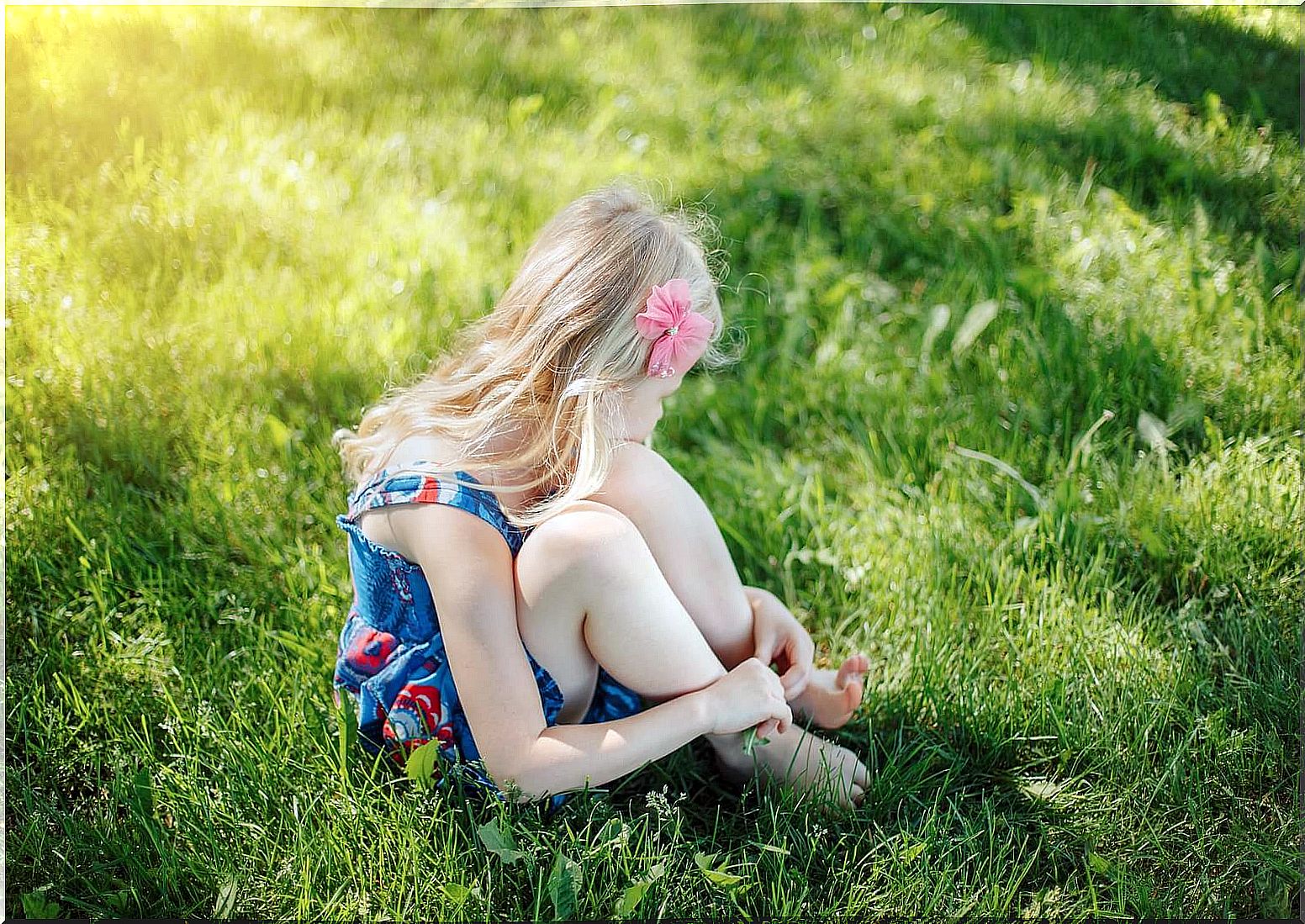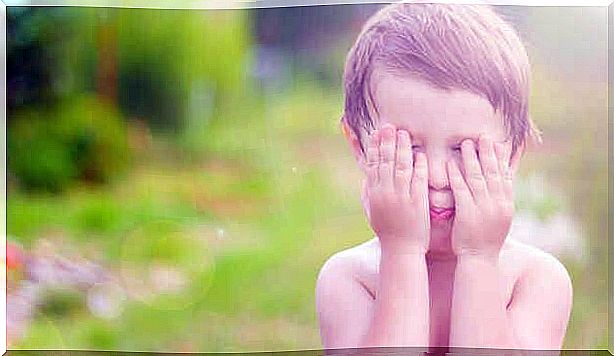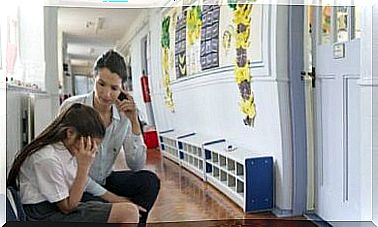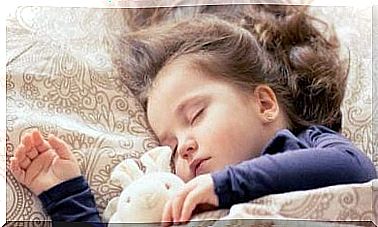3 Behaviors Of Your Son That Hide His Insecurity

Children are human beings and, as such, each of them presents their own personality. This often means that the way in which minors express their emotions is not as expected or is not entirely clear to adults. To raise and accompany a child it is important to know him in depth and to know how to decipher his calls for help. Therefore, we want to point out some behaviors of your child that hide their insecurity.
We cannot expect an infant, and even a teenager, to be able to clearly identify and express their internal states. This is a task that even adults find difficult and requires practice and personal work. Educating our children in emotional intelligence can help them enormously to relate to their emotions. But even so, the guidance of their reference adults is essential.

Your child’s behaviors that hide their insecurity
To procrastinate
From the age of 12, approximately, the academic demand to which young people are subjected rises considerably: schoolwork, exams and work take up a large part of their time every day.
Faced with this situation, many minors begin to procrastinate, that is, to evade their responsibilities, leaving everything to the last minute and dedicating their time to unproductive leisure activities.
Generally, this has negative repercussions on their academic results, although there are children who even with this habit manage to obtain good grades.
In any case, parents may think that it is about laziness, disinterest or lack of responsibility on the part of the child, when in reality many times the origin of this tendency is insecurity.
The child who procrastinates may feel unable to cope with the task. You may perceive that your skills are not enough to meet the demand and, in fear of failure, you postpone the time to address it.
Decline new activities
Some children are outgoing, outgoing, and adventurous, enjoy trying different activities, and feel better in stimulating environments. Other children do not require as much energy from outside and prefer to spend their time in quieter and more solitary activities. However, it is easy to become confused when a child is simply an introvert and when he or she feels insecure.
Many times, when a minor refuses to carry out activities and plans, it is not due to lack of interest, because they do not like or do not like the idea. Your insecurity, your fears and your low self-esteem may be holding you back and limiting you, that is, they are preventing you from living as you would like.
Joining an after-school activity, going to camp or sleeping at a friend’s house are situations that, perhaps, the child wants to experience but does not dare. If this happens, you may not openly express your fear and simply say that you don’t feel like it. Therefore, it is necessary to maintain open and frequent communication with our children.
Behavior problems
Of your child’s behaviors that hide their insecurity, this is one of the most frequent and the least understood. Many children exhibit behavior problems, either at home or at school.

Disobedience, aggressiveness and hostility towards parents, teachers or classmates are attitudes that often hide insecurity. Either regarding oneself or regarding the love and support of adults.
Children and young people who act in this way are launching a wake-up call, a request for help. In their emotional world, events are happening that they do not know how to face and they externalize it in a way that is disruptive and annoying for adults.
How to deal with your child’s behaviors that hide their insecurity?
Educating is, above all, an accompaniment process in which respect and unconditional acceptance must prevail. Before judging your child or labeling him or her troublesome, lazy, or unsociable, try to take a closer look. If we all go to the bottom of the matter, we will find fears, doubts, phobias and lack of confidence in oneself and in others.
Insecurity is a huge drag that prevents children from fully developing and reaching their full potential. Therefore, let us try to be attentive to these veiled signals and provide them with the help they need at all times. Self-confidence is one of the pillars of happiness.










